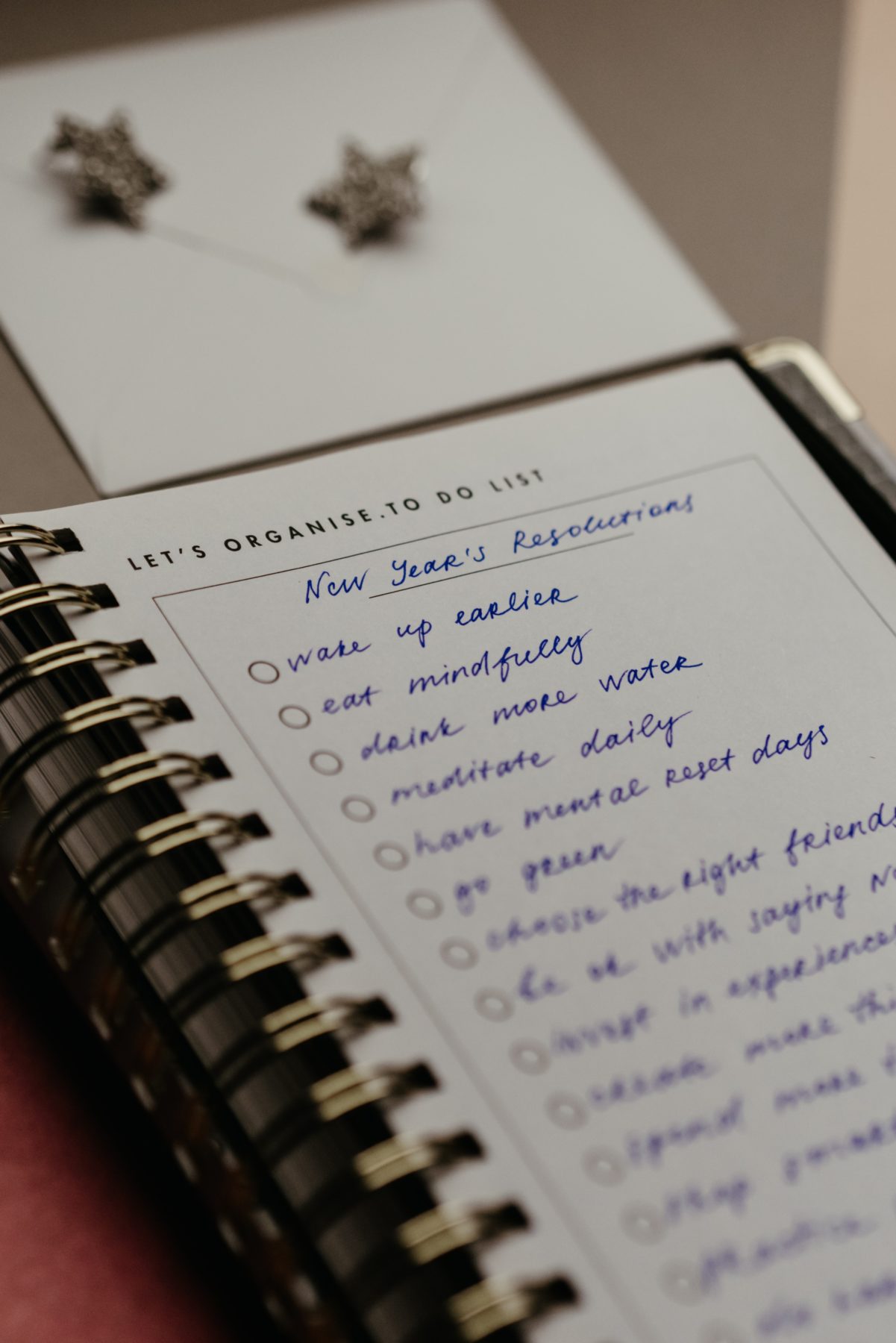3 Tips for Pursuing Recovery in the New Year

Every year as New Year’s Eve comes around, we tell ourselves we’re going to do “all the things.” Everything that’s good is in, everything that’s bad is out and we are going to be the best versions of ourselves from here on out – this time, no kidding! Right around mid-January, however, the gym membership starts to gather dust, trips to the grocery store once again become new adventures in snacking, and we find that daily life makes that new leaf just a little too heavy to actually turn over.
The problem with the post-New Year malaise for people in recovery, however, is that this kind of thinking and behavior can directly impact their physical and emotional wellness, even jeopardizing their sobriety and mental health. Since new beginnings are so important for people in recovery, and New Year’s Eve provides a prime opportunity for a fresh start, here are some insights to help you make and keep realistic promises to yourself this year.
Tip #1: Unrealistic Expectations Can Hinder Recovery and Mental Health
Problem: It doesn’t feel good to fall short of a goal, no matter what it is. Not only can it cause us to feel bad about ourselves, but it can also cause us to feel like there’s no point in trying. When we think in this way, we tend to go the other way to “rebel” against our challenges. In the context of physical and mental health, this could look like anything from going off diet and refusing to exercise to going off medication and discontinuing therapy, both of which can lead to relapse.
Solution: Set small and realistic goals. Instead of eating a purely plant-based diet, try cutting meat out one or two days per week. Instead of exercising for an hour a day, try a half-hour at first. The phrase “one day at a time” has endured for a reason – it reminds us to focus on what’s in front of us right now in the moment. Not only will setting and meeting attainable goals pay physical dividends, but it will also give you an “accomplishment high” as you check more and more impressive milestones off the list.
Tip #2: What You Don’t Know CAN Hurt You
Problem: Many people simply don’t know how to be healthy. They don’t know where to begin regarding diet and exercise. Even though they may have heard of all the tropes, they may not know which choices work best for their individual metabolism and physiology. This can lead to people making seemingly healthy and smart choices that don’t do anything or make things worse.
Pop quiz: What happens when we try so hard at something and fail even though we thought what we were doing was right? We get depressed. What is one of the leading causes of relapse? Acute and chronic depression.
Solution: The good news is, solutions to this problem are pretty much everywhere. Work with your doctor to figure which foods are best for your individual physiology and how much exercise you should be doing. Watch some workout videos to perfect your form, so you get the most out of every routine. If your insurance covers it, consider working with a nutritionist and/or a nutritional psychologist so you have a well-rounded care team in the integration of proper diet and nutrition in long-term recovery. These professionals will help you determine which food and fitness choices will best comport with proper and balanced mental health.
Tip #3: Give Yourself a Break
Problem: So many of us tend to internalize self-loathing when we fall short of expectations. This very often leads to abandonment of any pursuit of progress and, even worse, self-harm. Even one little setback with diet or exercise can spiral into a series of fatalistic choices until we convince ourselves that we “deserve” worse than we do.
Solution: Replace the word “failing” with “falling” in your vocabulary. Why? We almost always get back up after falling down. It’s a lot harder to convince ourselves that we can bounce back from failure. Remind yourself that it’s OK to have a setback, give yourself a daily mantra that helps you contextualize your journey, and work with your therapist whenever you feel like your setback is too much for you to handle.
The New Year will be here before we know it, and if 2022 is anything like the previous two years, we’re truly going to need to be the best versions of ourselves. Don’t worry! You’ve got this!
About the Author

Dominic Nicosia is a New Jersey-based journalist and content writer covering addiction care and mental health. He currently serves as Senior Content Writer for Recovery Unplugged Treatment Centers, a national addiction treatment organization that offers a full continuum of care and uses music to help people more readily embrace the treatment process.






